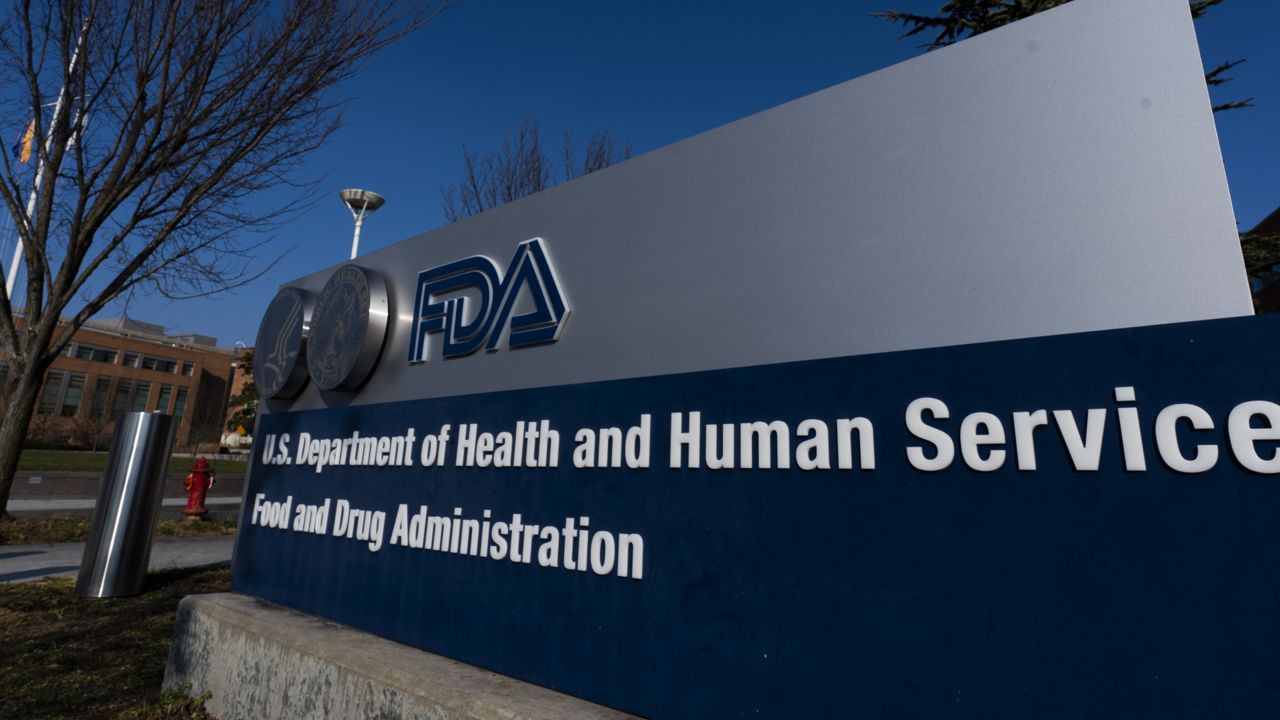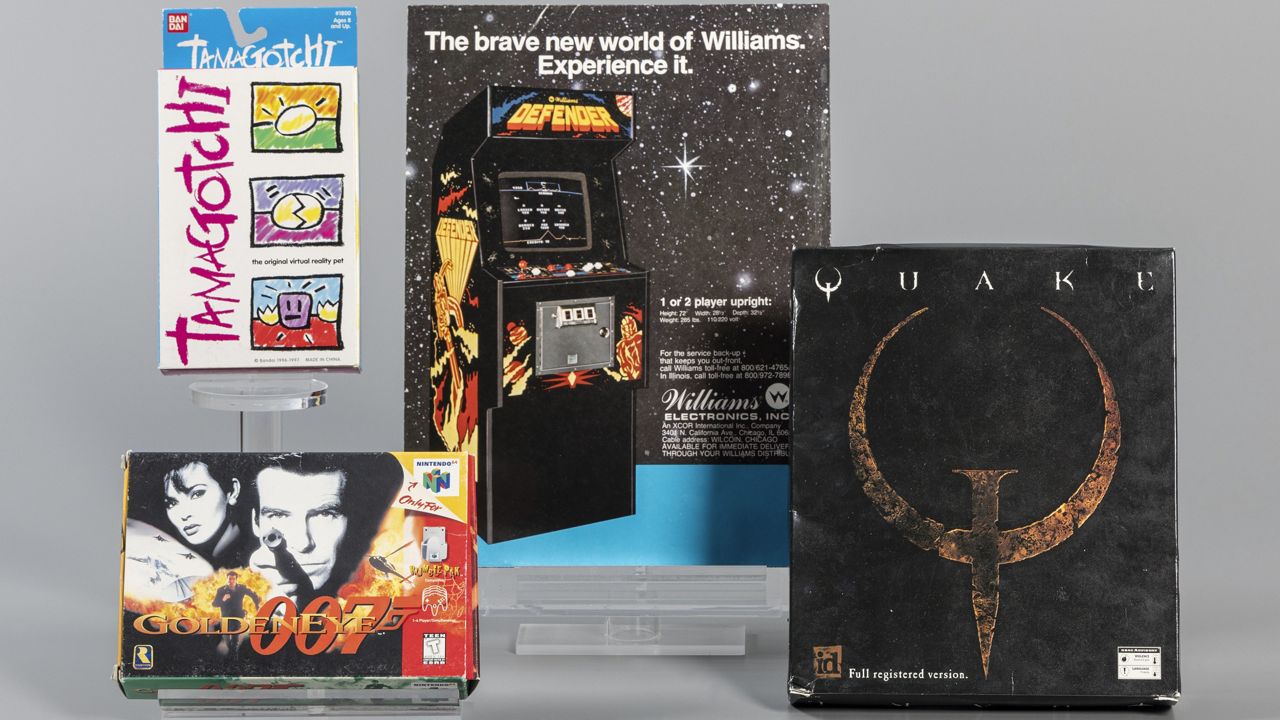The Food and Drug Administration (FDA) is warning that newly emerging variants of the coronavirus may impact the outcome of some molecular COVID-19 tests.
In a statement released on Friday, the FDA said it alerted clinical laboratory staff and healthcare workers that more contagious variants of the coronavirus may not be detectable in some tests, resulting in false negative results.
“The FDA will continue to monitor SARS-CoV-2 genetic viral variants to ensure authorized tests continue to provide accurate results for patients,” FDA Commissioner Stephen M. Hahn wrote in a statement. “While these efforts continue, we are working with authorized test developers and reviewing incoming data to ensure that health care providers and clinical staff can quickly and accurately diagnose patients infected with SARS-CoV-2, including those with emerging genetic variants.”
Hahn noted that data indicates the two currently authorized COVID-19 vaccines in the United State are effective against the more contagious strains of the virus.
The new strands of the coronavirus, such as the one that emerged in the United Kingdom known as the B.1.1.7 variant, are mutations of the original disease. COVID-19 tests are designed to look for the virus’ specific genome, meaning any mutation can make the disease go undetected.
The FDA identified three approved coronavirus test kits that are particularly vulnerable to incorrect results given the new strain: the kit from MesaBiotech Accula, the TaqPath COVID-19 Combo Kit, and the Linea COVID-19 Assay Kit. The FDA noted that the impact “does not appear to be significant,” but said they are also “taking additional actions to ensure authorized tests remain accurate.”
On the flip side, the FDA noted, the pattern in which the TaqPath and Linea diagnostic tests detect new variants may well “help with early identification of new variants in patients to reduce further spread of infection.”
The mutated version circulating in Britain has also been detected in the U.S. and numerous other countries. That and the variant seen in South Africa are causing global concern because they appear to spread more easily — although how much more isn’t yet known.
The variant detected in South Africa has an additional mutation that has scientists on edge, one named E484K. A study conducted by Pfizer found that its vaccine appeared to work against 15 additional possible mutations, but E484K wasn’t among those tested.
The FDA’s Friday announcement did not mention whether the aforementioned tests are impacted by the E484K variant of COVID-19.
The Associated Press contributed to this report.









